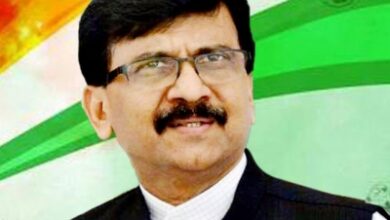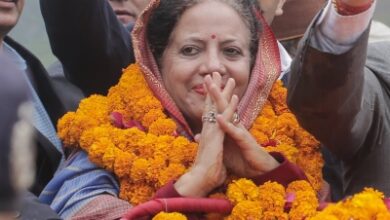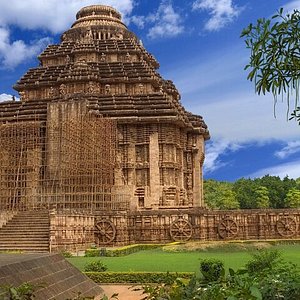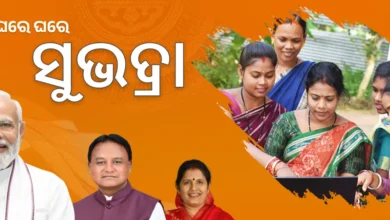Muzzling voice & views through digital darkness in Manipur, did it pay dividend?

By D N Singh
Imposition of digital darkness through shutdowns of internet has never been a step more productive for checking disinformation or stop stoking sentiments as a whole.
The recent most digital bans in Manipur has revealed that such preventions had very adverse repercussions as well. And some of them brought in information darkness.
Let’s walk back to Ma y this year and on 3rd the shutdown and on 4th one of the most unnerving and beastly acts when a group of men assaulted two tribal women, parading them naked before gang-raping one of them.
And the result that the disturbing incident only caught national attention on 20 July, through a viral video depicting this heinous act.
Look at the languor of the Manipur rulers which took 77 days the perpetrators were arrested – 77 days after the crime.
That throws up a debate if the Internet shutdowns were able to “preventing civil violence and maintaining law and order,” as the government claims during such internal conflicts?
According to a recent report by the US digital rights advocacy group Access Now for the #KeepItOn coalition, and for over 100 days now, Manipur was forced to bear the brunt of internet shutdowns reasoned under the guise of curbing fake news and preventing civil violence.
These justifications (or pretexts) for imposing a shutdown are largely vague.
If seen critically, this raises two important questions for discussion:
While internet bans, no wonder, stop the spread of rumours, but does it really help in any way to curb violence?
Secondly, why is it that to quell the spread of fake news, the government resorts to an internet ban as if it is the first (and perhaps the only) option?
Right to Internet’, is there a clause ?
The United Nations Human Rights Committee in 2016 passed a resolution calling for states to “refrain from measures to intentionally prevent or disrupt access to or dissemination of information online.”
However, India’s legal context, Right to Internet has been recognised in the fundamental rights under Article 19(1)(a), 19(1)(g), 21 and 21A of the Constitution.
However, as per natural law, the current legal framework grants ambiguous powers to the government to impose internet shutdowns with minimal oversight, laying the groundwork for unnecessary and unreasonable restrictions on citizens’ rights.
During anti-CAA agitation, the impact of internet shutdown was first sensed at a critical level during the 2019 . The abrupt internet shutdown coupled with a curfew angered the protestors leading to vandalism amidst demonstrations instead of restoring public order.
The Gauhati High Court questioned the shutdown’s legality and the Assam government couldn’t justify why the suspension was required to restore law and order.






